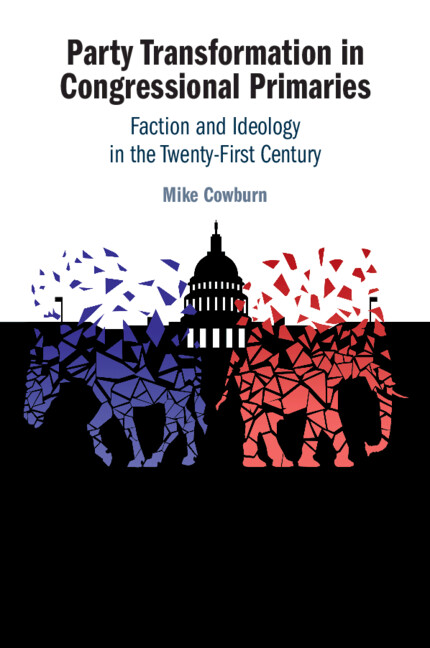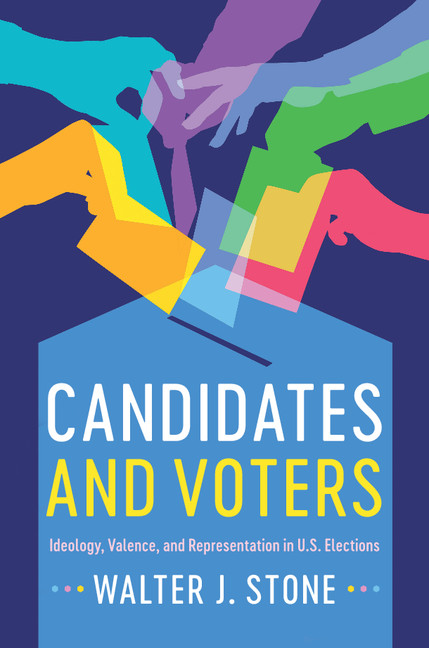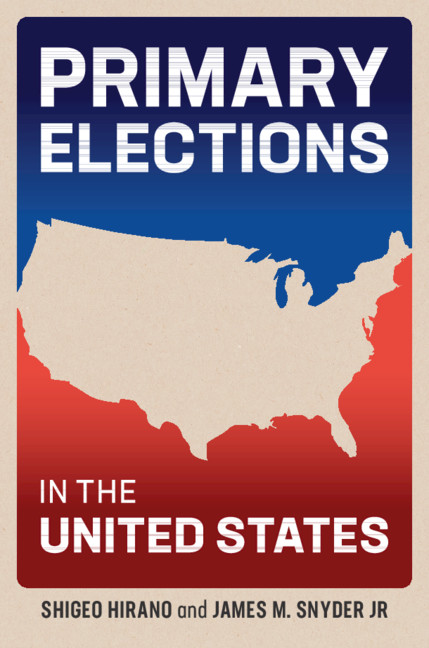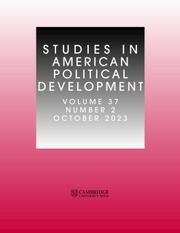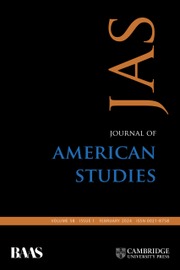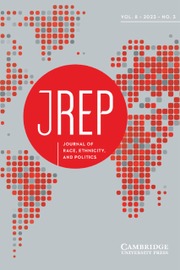Conservative but Not Republican
Conservative but Not Republican provides a clear and comprehensive framework for understanding the formation and structure of ideological self-identification and its relationship to party identification in the United States. Exploring why the increase in Black conservatives has not met with a corresponding rise in the number of Black Republicans, the book bridges the literature from a number of different research areas to paint a detailed portrait of African-American ideological self-identification. It also provides insight into a contemporary electoral puzzle facing party strategists, while addressing gaps in the current literature on public opinion and voting behavior. Further, it offers original research from previously untapped data. The book is primarily designed for political science, but is also relevant to African-American studies, communication studies, and psychology. Including easy-to-read tables and figures, it is accessible not only to academic audiences but also to journalists and practitioners.
- Uses multiple quantitative and qualitative data sources, appealing to a variety of scholars using different methodological approaches
- Utilizes easy-to-read figures and tables while reserving technical information for the appendices so that readers can understand the material without needing a lot of statistical expertise
- Draws upon multiple literatures across several disciplines and will appeal to a wide audience interested in this topic
Product details
March 2017Hardback
9781107164383
200 pages
229 × 152 × 21 mm
0.6kg
56 b/w illus. 20 tables
Available
Table of Contents
- Introduction
- Part I:
- 1. Peeling back the layers: the multidimensionality of the liberal-conservative continuum
- 2. From whence we came: the historical basis of Black ideological self-identification
- 3. Multiple paths to the same place: the underpinnings of ideological self-identification
- Part II:
- 4. The tie that binds: the history and nature of Black group consciousness
- 5. The invisible link: group consciousness as a moderator of ideological self-identification
- 6. Filling in the blanks: group consciousness and ideology beyond partisanship
- Conclusion: African Americans, ideology, and consequences for the two-party system.


